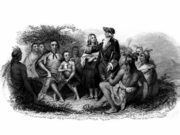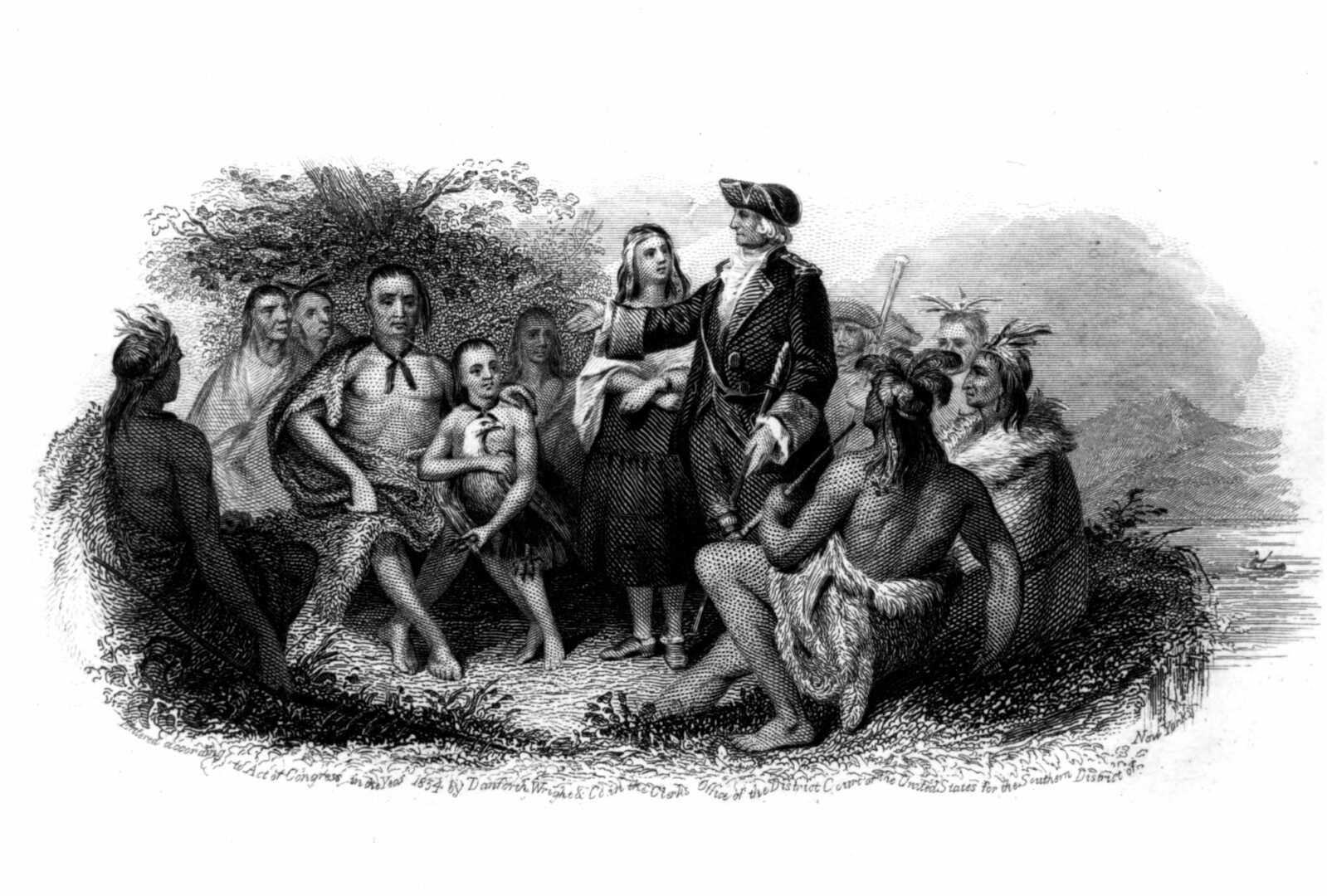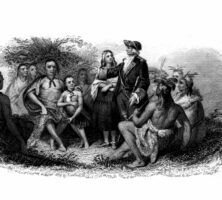Malatchi was the prominent chief and warrior of the town of Coweta of the Lower Creek Indians during the 1740s and 1750s. He was probably the second son of Brims, and like his father, he maintained a policy of neutrality in order to find the most advantageous course for his people.
Malatchi took power around 1746, after reaching a suitable age for leadership, and he kept all avenues of trade and diplomacy open between the Lower Creeks and their European neighbors, especially the French and the British. Above all, he acted as a conscientious Lower Creek headman who recognized and defended native concerns in the colonial Southeast during the mid-eighteenth century.
Specifically, Malatchi supported the land claims of his relative (possibly his cousin) Mary Musgrove in her attempts to acquire the Yamacraw tract along the Savannah River and the islands of St. Catherines, Sapelo, and Ossabaw. He led a delegation to Savannah in August 1749 to confirm her title, but British officials, headed by William Stephens, refused to assent. This led to several tense encounters. Malatchi eventually relented, but such offensive treatment prompted him to make overtures to the French and to participate in talks with Governor James Glen of South Carolina rather than deal with Georgia again.
After Malatchi’s death authority passed to his underage son Togulki, who did not command the power of his forefathers. Nonetheless, the Lower Creeks remained an influential and dominant force, but they lacked the strong guidance provided by Malatchi and his ancestors.






